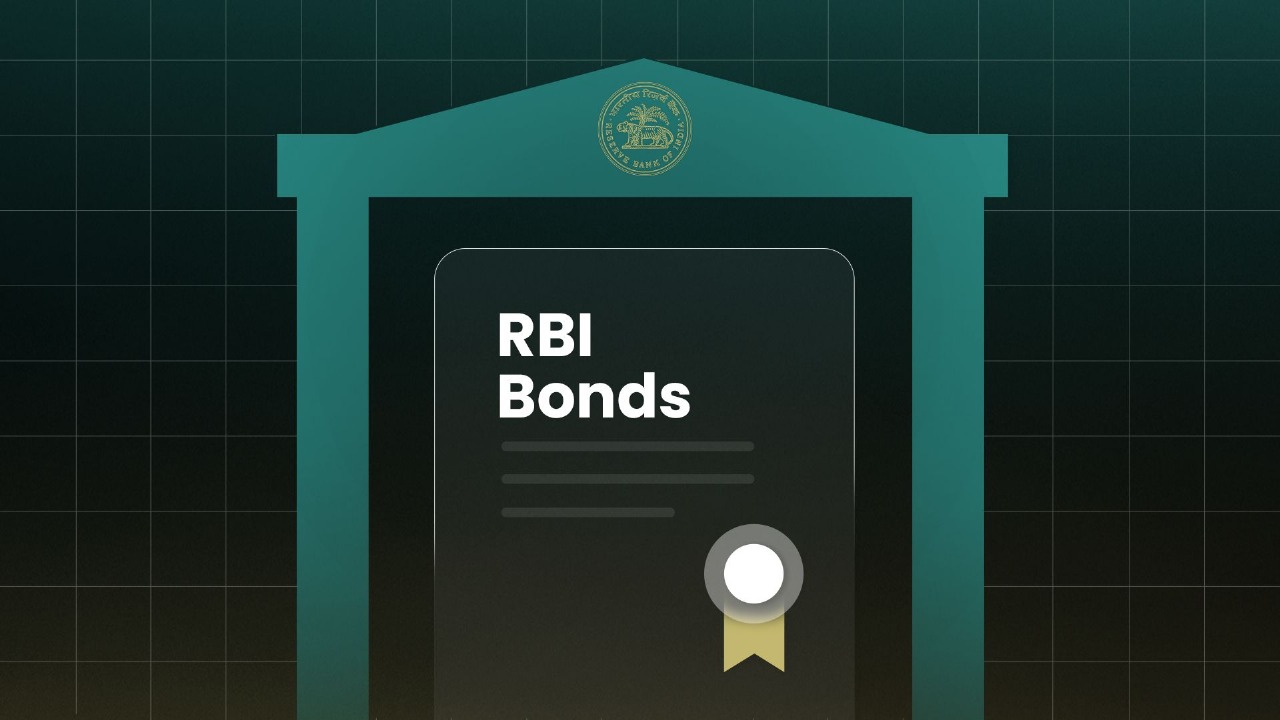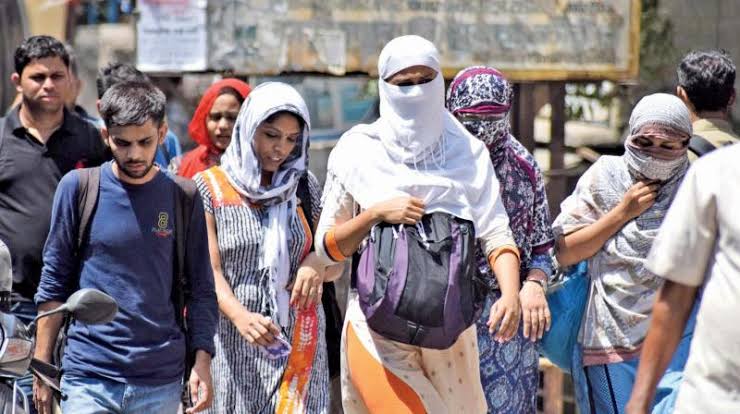 Image Source: Zinkpot
Image Source: Zinkpot
The Government of India has announced a fresh round of bond auctions scheduled for July 11, 2025, aiming to raise ₹250 billion through the sale of long-term government securities. The issuance is part of the Centre’s calibrated borrowing plan for FY26 and is expected to attract strong institutional interest amid stable yields and robust liquidity in the system.
Auction Composition and Structure
- Total auction size: ₹250 billion
- ₹140 billion to be raised via re-issuance of 7.09% Government Security maturing in 2074
- ₹110 billion to be raised through a new Government Security maturing in 2032
- The auction will be conducted by the Reserve Bank of India using the multiple price method
- Both competitive and non-competitive bids will be accepted via the RBI’s E-Kuber platform
Investor Participation and Allotment
- Up to 5 percent of each security’s notified amount will be reserved for eligible individuals and institutions under the non-competitive bidding facility
- The auction results will be declared on the same day, July 11, with settlement scheduled for July 15, 2025
- The securities will be eligible for “When Issued” trading, allowing pre-auction price discovery
Strategic Context and Market Implications
- The 7.09% GS 2074 is a long-duration instrument, offering investors a stable yield over a 49-year horizon
- The new 2032 bond is expected to serve as a benchmark for medium-term pricing and liquidity
- The issuance aligns with the government’s fiscal roadmap and supports infrastructure and welfare spending
- Market analysts expect healthy demand from insurance firms, pension funds, and foreign portfolio investors, especially given India’s inclusion in global bond indices
Outlook
This auction is part of the Centre’s broader ₹14.13 trillion gross borrowing target for FY26. With inflation moderating and rate cuts on the horizon, long-duration bonds like the 2074 issue could see strong uptake. The auction will also serve as a barometer for investor sentiment ahead of the next monetary policy review.
Sources: Press Information Bureau, Reserve Bank of India, Reuters, Economic Times, Business Standard, Moneycontrol
Advertisement
Advertisement







